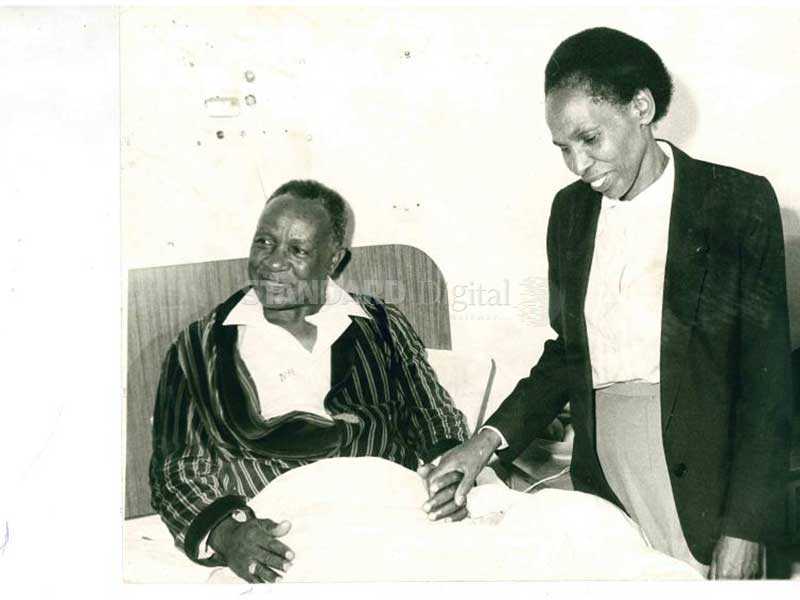×
The Standard e-Paper
Join Thousands Daily

Senior Counsel Paul Muite recalled the ominous warning Jim Nesbitt, then Kenneth Matiba’s personal physician, gave him about the former Cabinet minister's deteriorating health.
Mr Muite, who was Mr Matiba’s lawyer at the time, recalled Dr Nesbitt confessing how he had to breach doctor-client confidentiality to discuss his client’s poor health with his wife because he was getting concerned about how Matiba was being treated in detention.